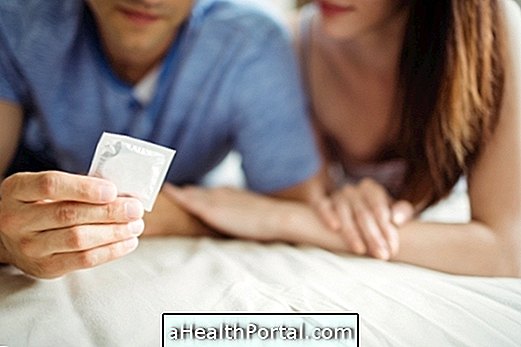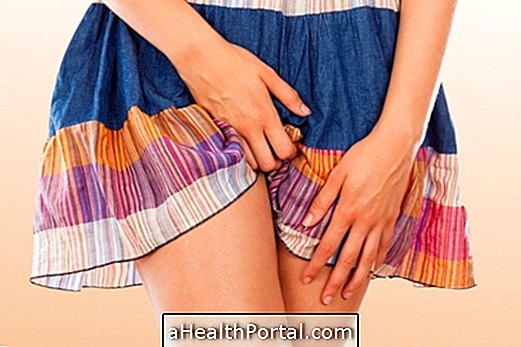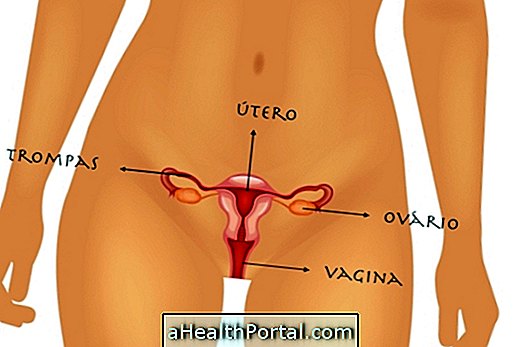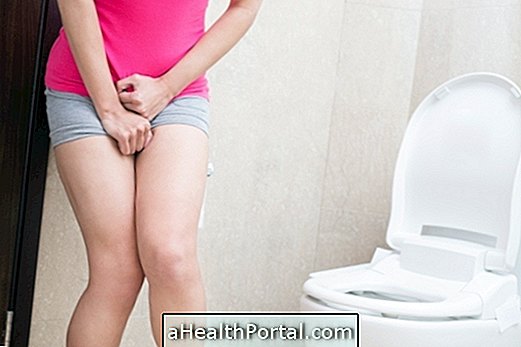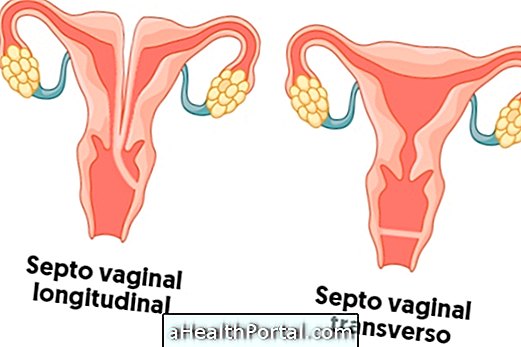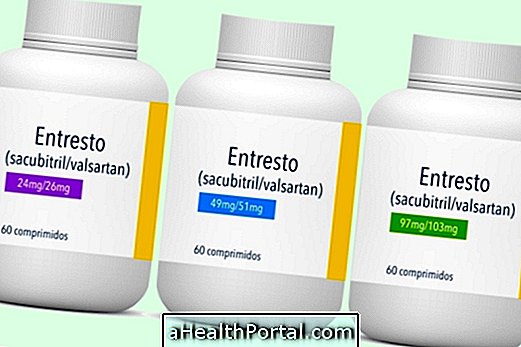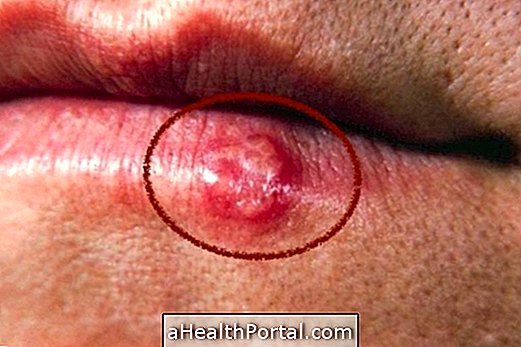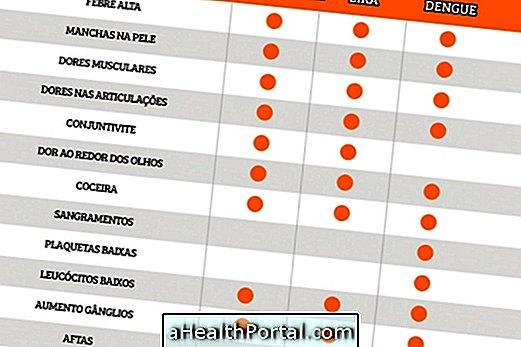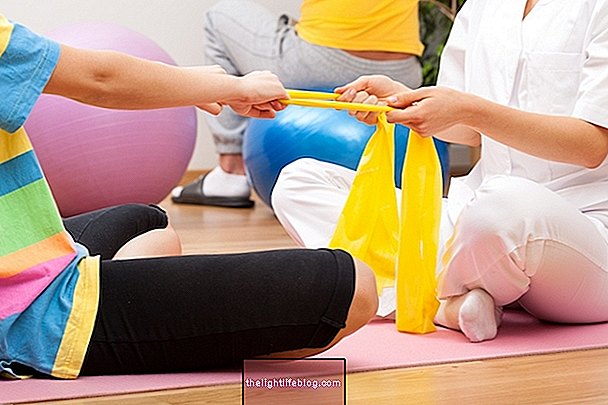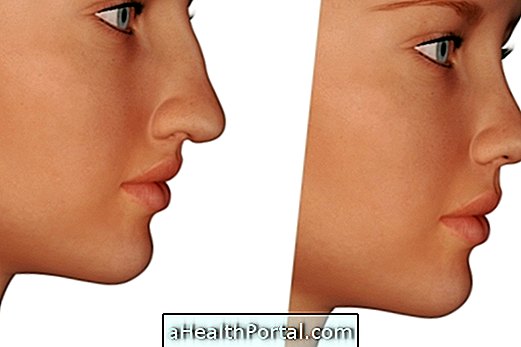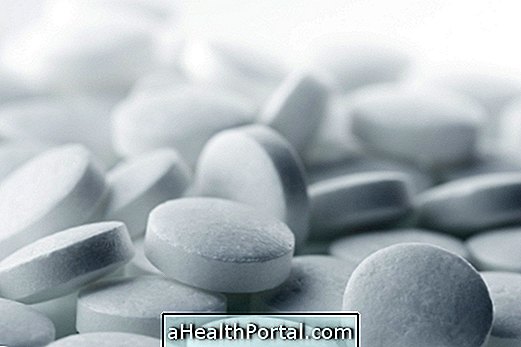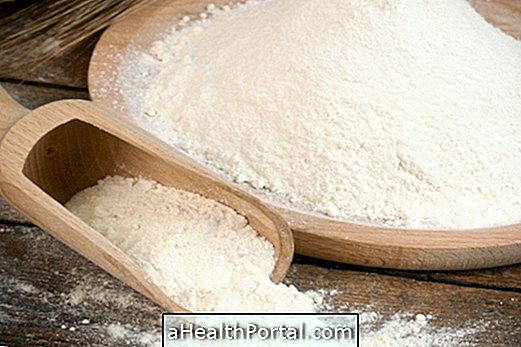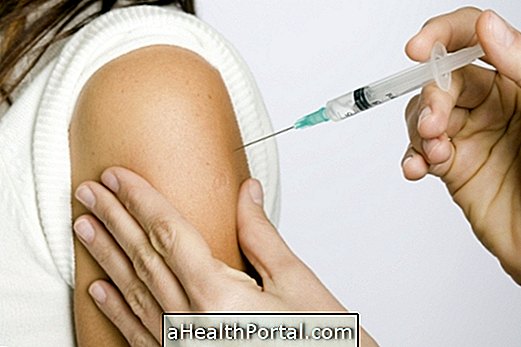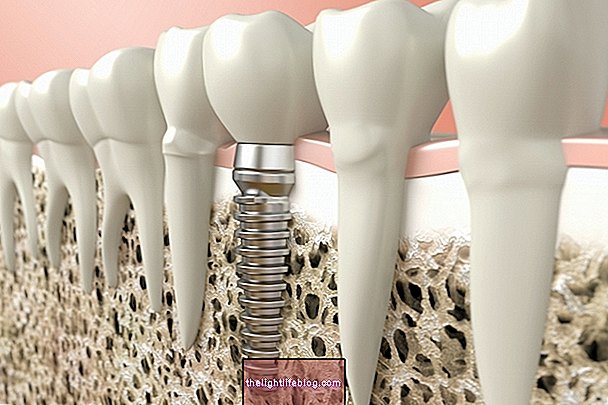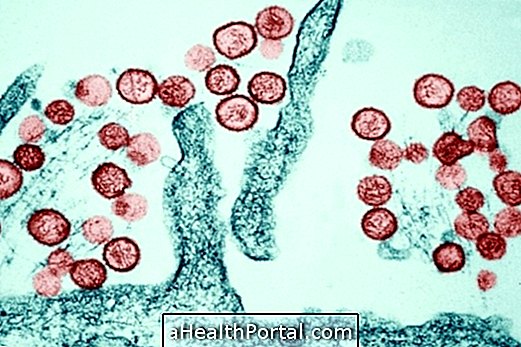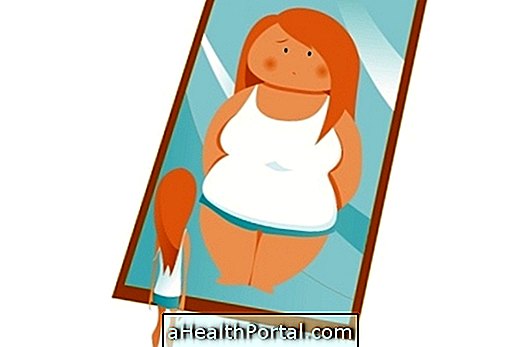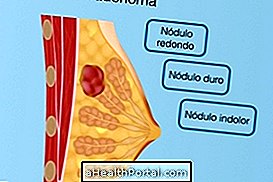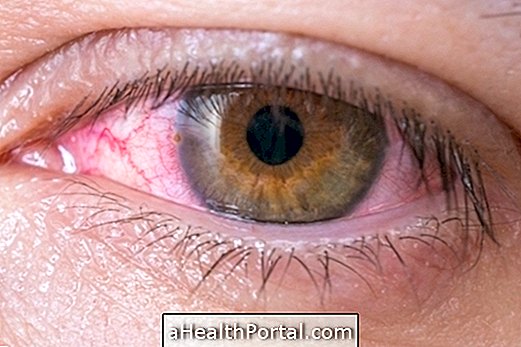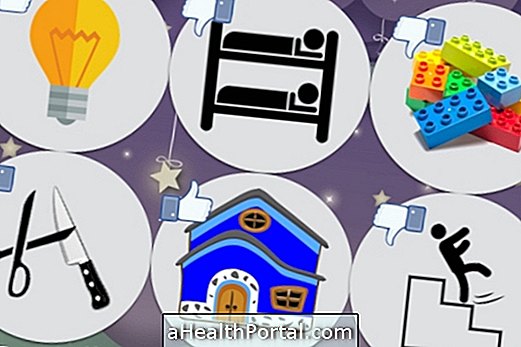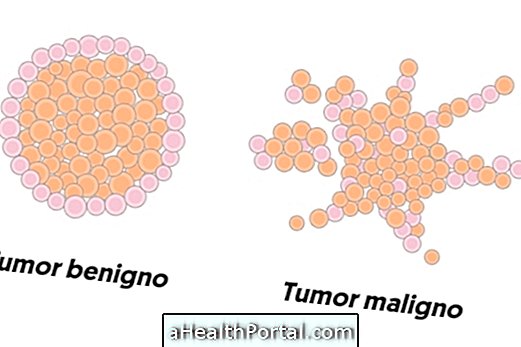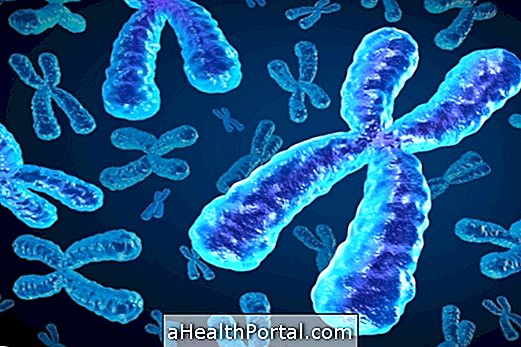Endometriosis causes abdominal pain, severe cramps, and pain and discomfort during or after intimate contact. These symptoms can be lessened by practicing physical exercise, or by increasing the consumption of foods rich in omega-3, for example.
In addition, monitoring the menstrual cycle using a calendar can help you better observe when the symptoms of endometriosis worsen and when they improve. So try to write down the days when the symptoms intensify and try to relate the habits that favor this increase.
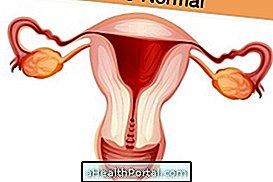

There are a few tricks and tips that can help you better cope with this disease by helping to decrease the symptoms of pain and discomfort and to live better, such as:
1) Exercise
The practice of light physical exercise, such as walking for example, helps to slow down the development of endometriosis, since exercise reduces the levels of estrogen in the body, the main hormone that controls a woman's menstrual cycle.
In addition, using a menstrual cycle calendar, help better understand how the influence of physical exercise practice on the symptoms of the disease.
2) Taking medicines for pain and colic
Some medicines like Danilon, Motrin or Artril help relieve the pain, discomfort and spasms caused by endometriosis, thus helping to overcome the periods of illness where the symptoms are most evident.
3) Food - Invest in Omega 3
Making a diet rich in omega-3-rich foods such as salmon, sardines or tuna, seeds such as flaxseed or chia, and oleaginous fruits such as nuts and peanuts, helps naturally reduce the production of hormones prostaglandins, thereby reducing the inflammation and symptoms presented .
Also, drinking coffee or caffeine-containing beverages like some teas or sodas should be avoided because in some cases caffeine may make the pain worse.
4) Avoid using internal absorbent
The use of internal absorbents should be avoided by those who have endometriosis, because the menstrual flow should always be free and unimpeded, and it is therefore recommended to use normal absorbents during menstruation. The internal absorbents will clog the vaginal canal like a kind of cork, which can worsen pain and menstrual cramps.
5) Compresses for the relief of pain
Using hot compresses of damp heat, such as a heated wet towel, or a hot water bag, is a trick that helps to decrease menstrual cramps, back pain and discomfort in menstruation. In these cases, it is recommended that you put a hot compress on the spot with pain whenever you have pain or colic.
On the other hand, in some people hot compresses may not work, and in these cases it is recommended to try cold compresses made with ice, which should be applied over the lower abdomen for about 15 minutes whenever severe formal pain.
In addition, drinking warm drinks like Peppermint tea, help decrease spasms, pain and menstrual cramps. Here's how to make this tea in Benefits of Mint Tea.
6) Acupressure
Acupressure is an old alternative therapy, which helps relieve some pain, without the need to use painkillers, by compressing different points of the body. Thus, for pain relief a stitch that is located within the leg, about 5 cm above the ankle, can be pressed for about 1 minute, with sufficient force to leave the tip of the thumbnail white.
Another point of acupressure that can be pressed for pain relief is located in the hands at the midpoint between the thumb and forefinger.
7) Use of intimate lubricant
Some women with endometriosis may experience pain and difficulty during intimate contact, so it is recommended that you try out new positions to find out what causes less pain and discomfort. In addition, the use of lubricant can also help decrease pain and discomfort during intimate contact.
If you want to get pregnant, you can also use your own lubricant to conceive, such as Conceive Plus, a lubricant that can help a woman to become pregnant, because it favors the ideal pH, increasing the chances that the sperm will reach the ovum.
In addition, sharing your feelings with others can also help you better cope with the disease and better cope with all the complications and problems that come with it. So a conversation with a close relative, a friend or even a psychologist can make all the difference.
